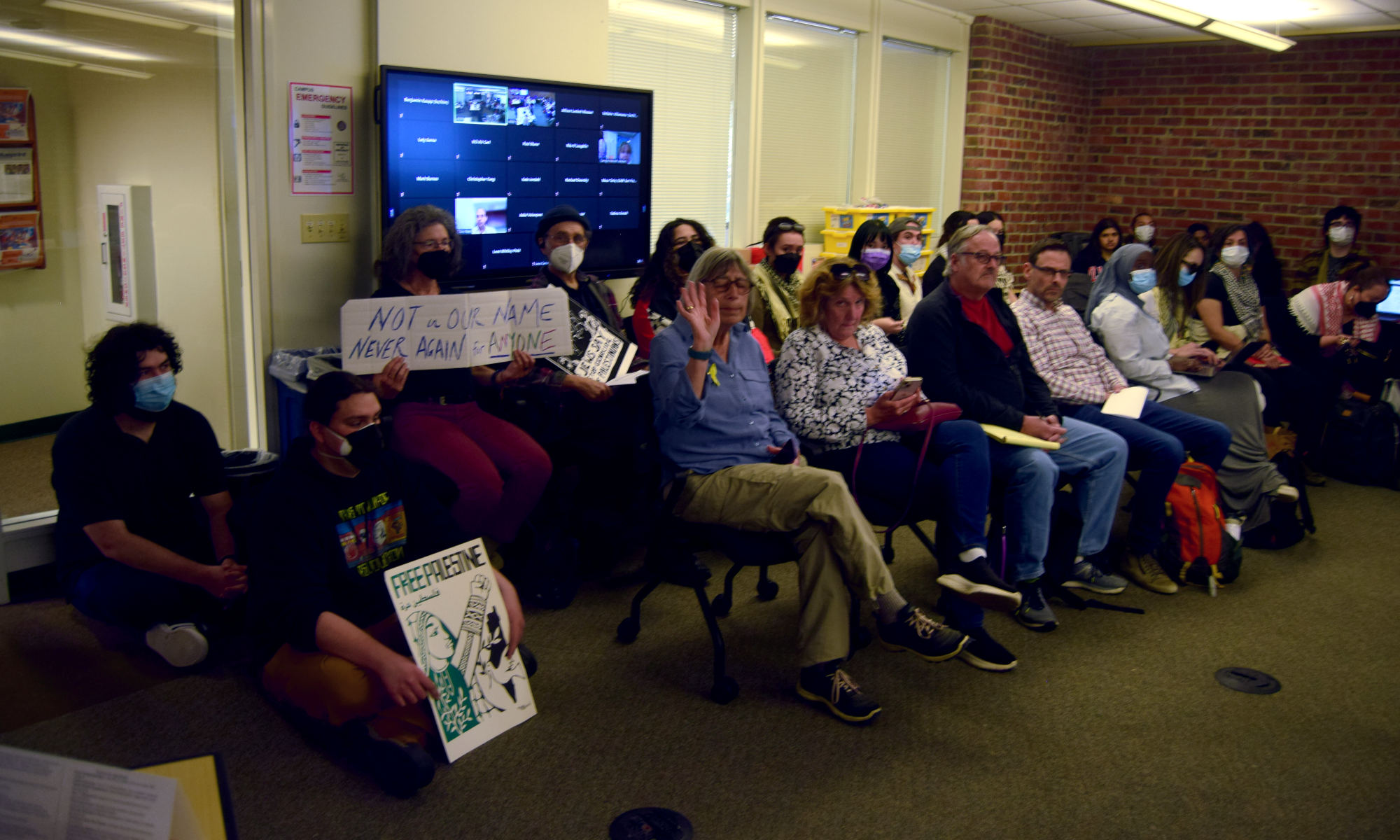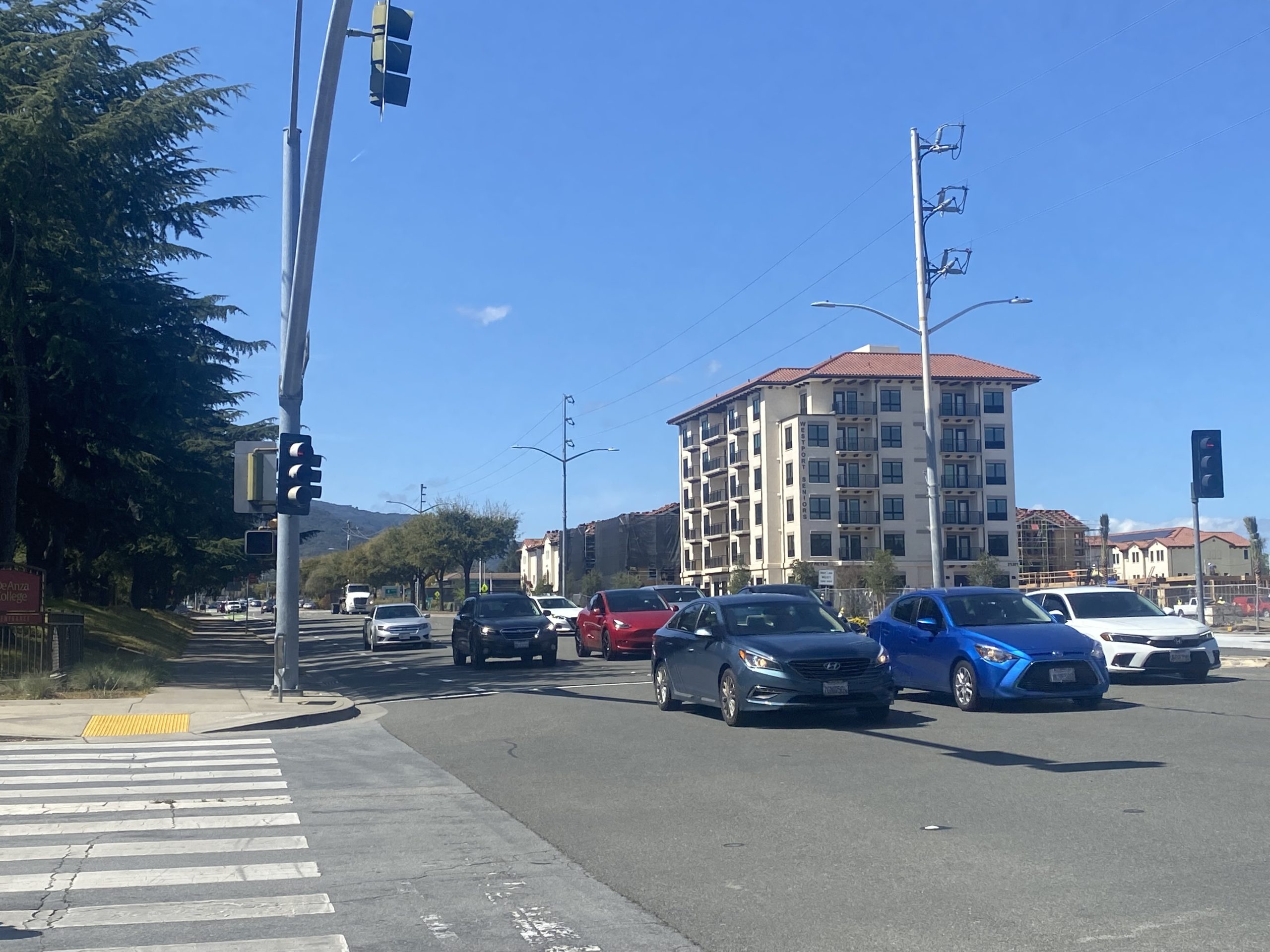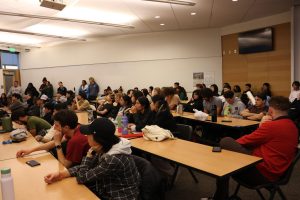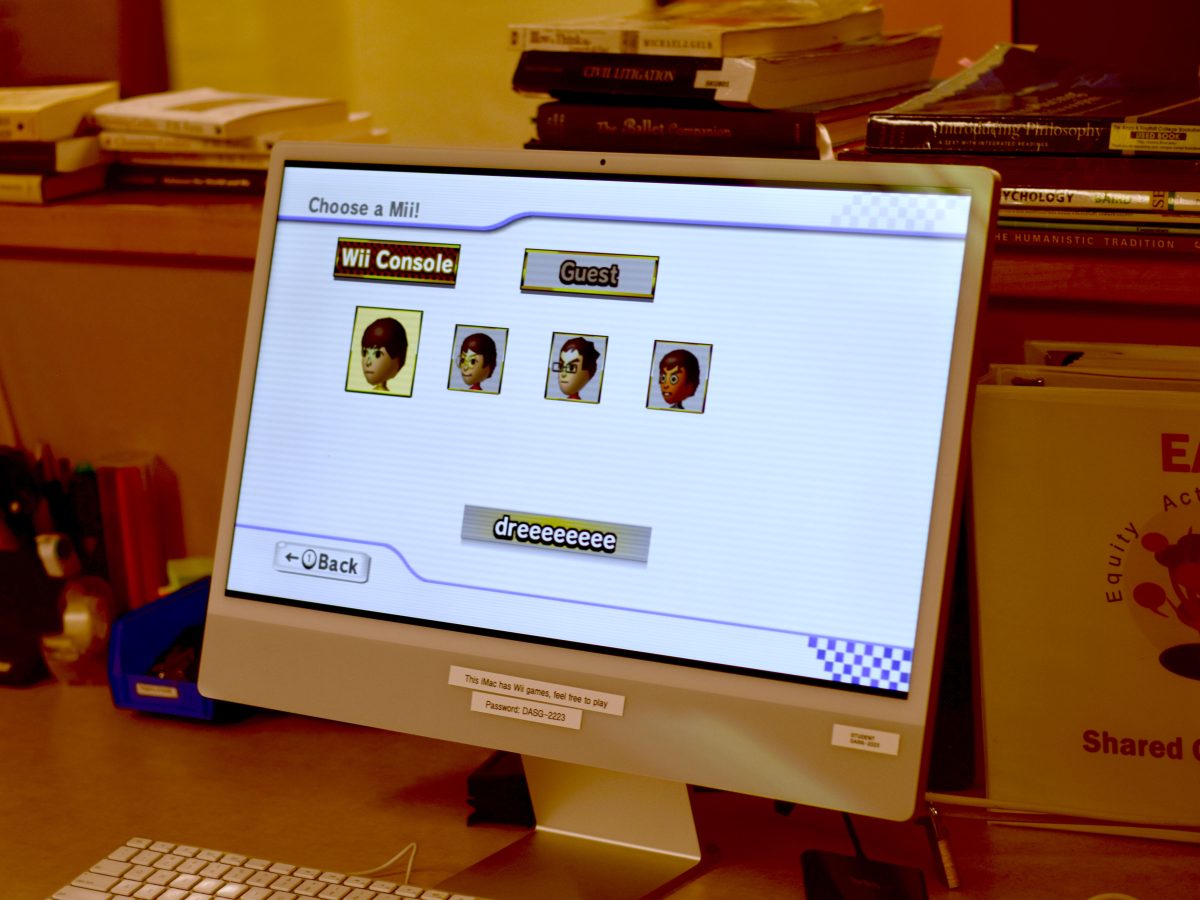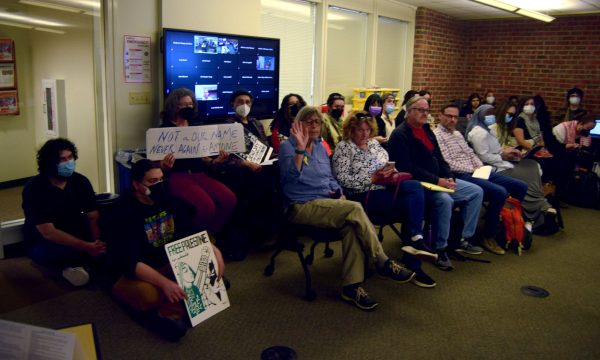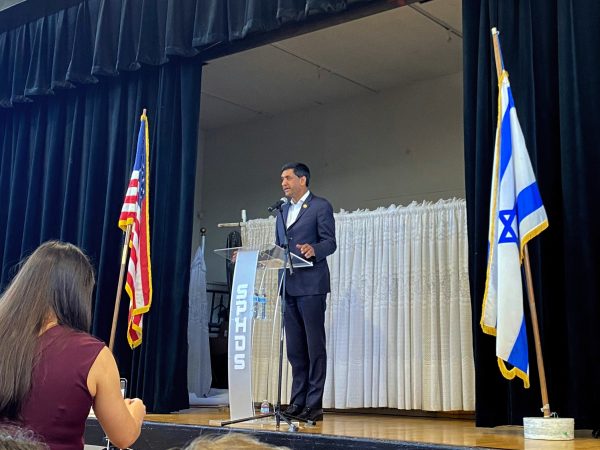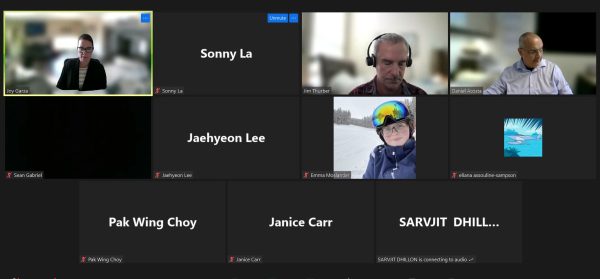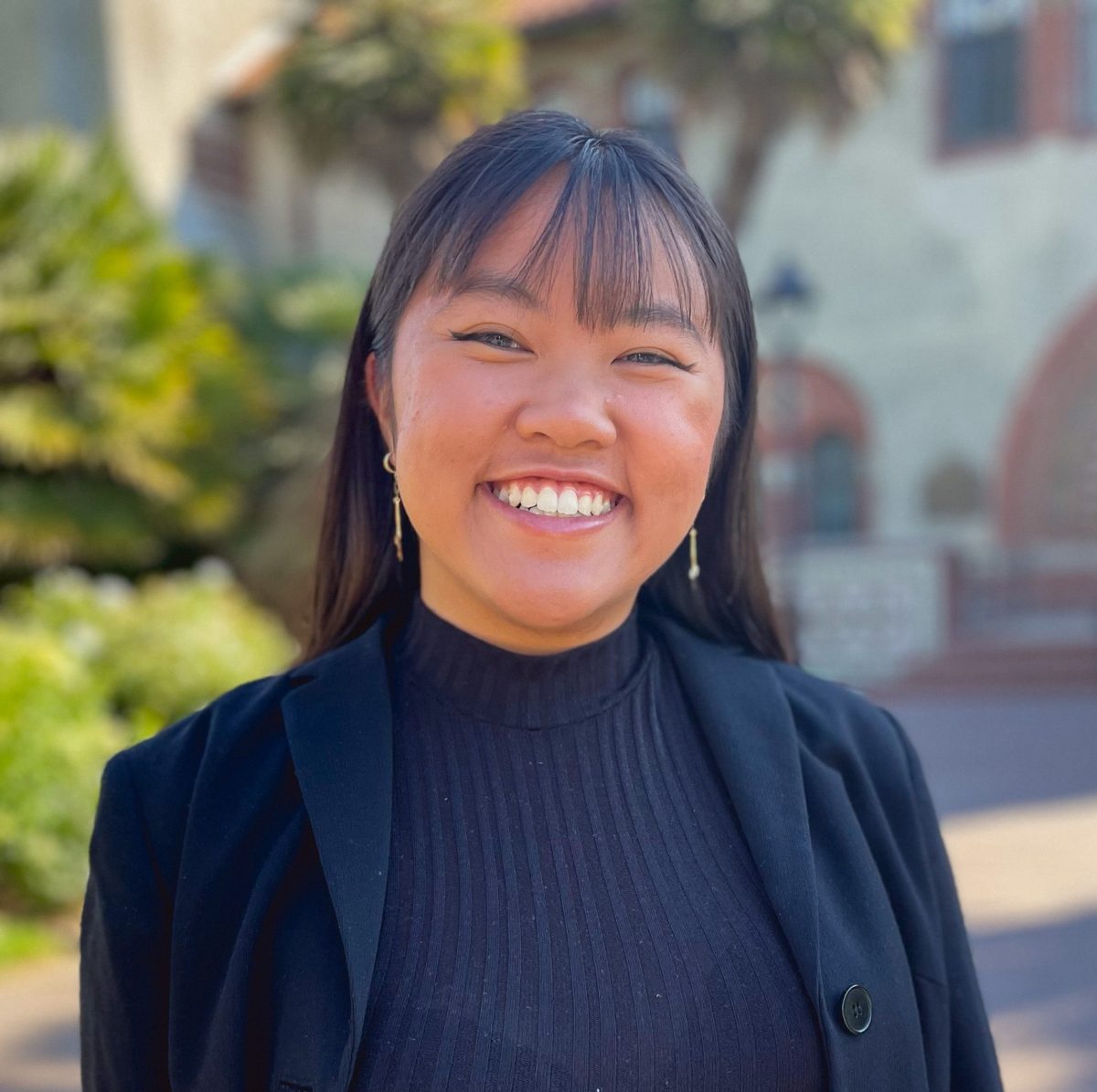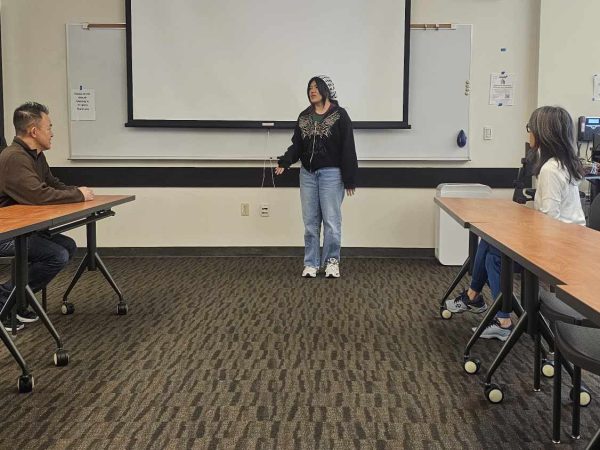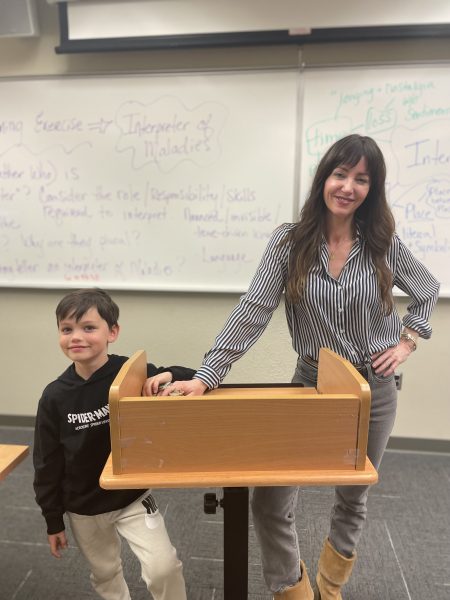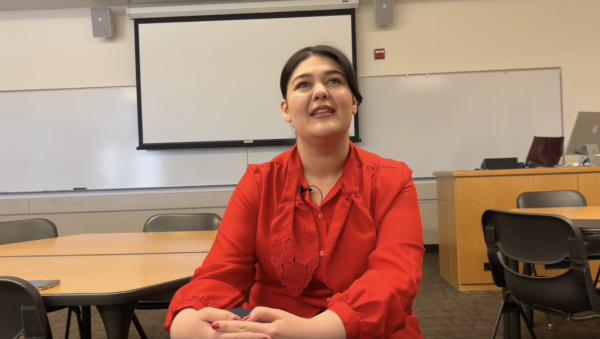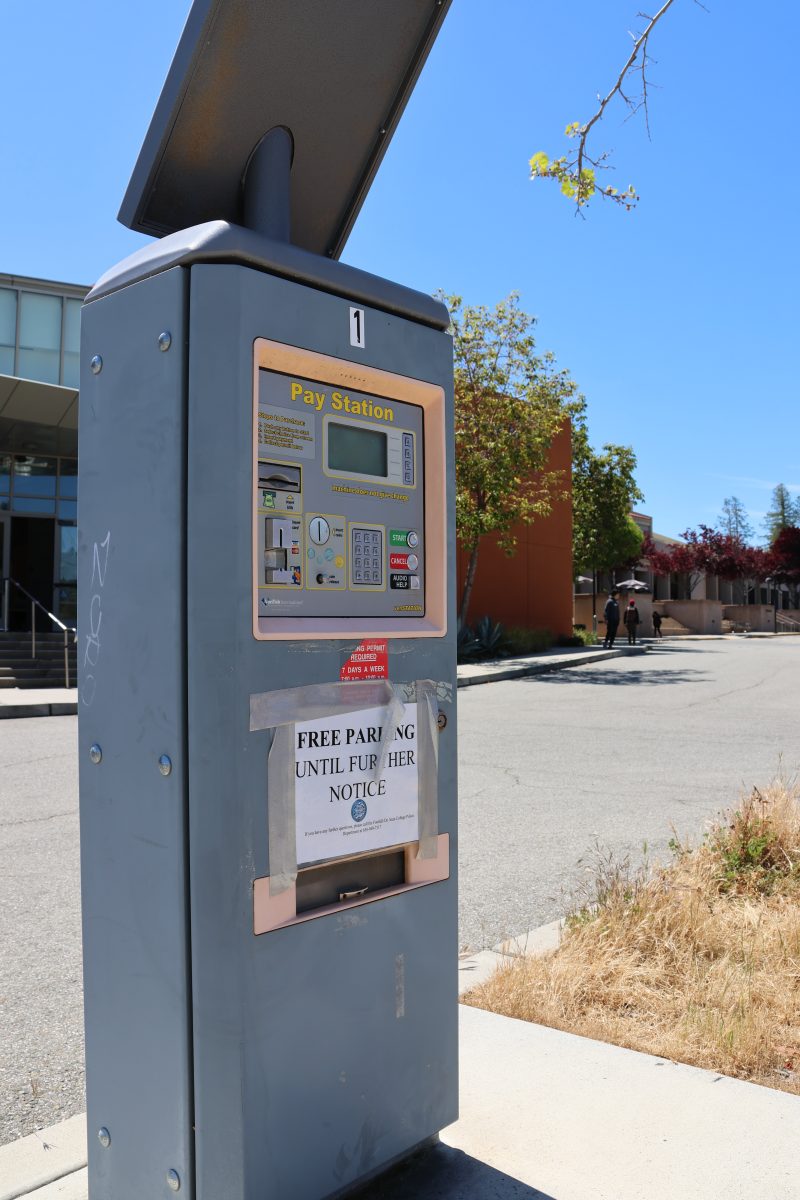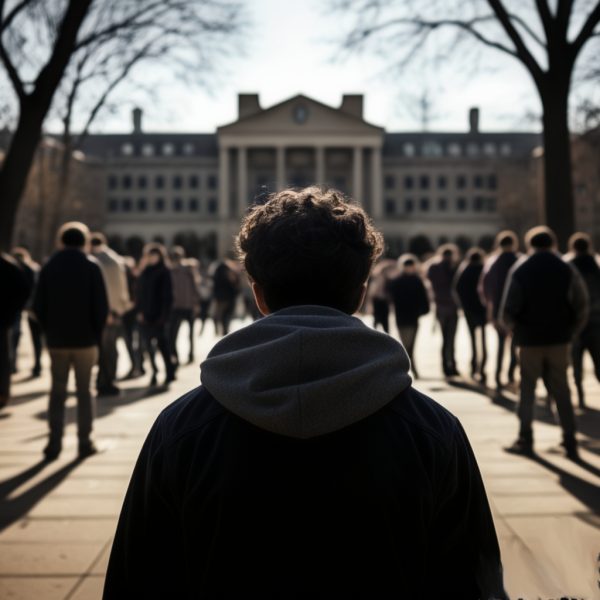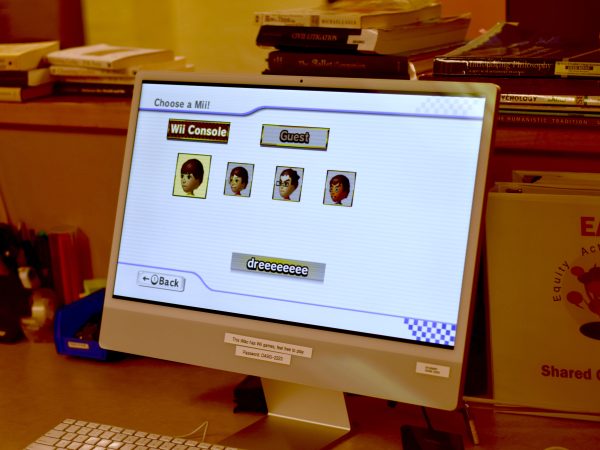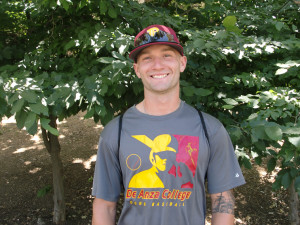MOOCs raise questions
June 7, 2013
Recent experimental programs with Massive Open Online Courses have triggered warnings about possible harm to public higher educational institutions.
A recent pilot study of “blended courses” at San Jose State University integrated classroom instruction with prepackaged video lectures licensed by educational tech companies. The experiment led to an uproar from professors.
In an open letter, SJSU professors wrote that primary replacement of traditional classroom model with MOOCs may create two social classes in academia: “One, well-funded colleges and universities in which privileged students get their own real professor; the other, financially stressed private and public universities in which students watch a bunch of video-taped lectures and interact … with a professor that this model of education has turned into a glorified teaching assistant.”
De Anza President Brian Murphy said, “The skepticism from SJSU and that you would hear from our faculty is whether or not the prepackaged online massive courses replicate the lecture system that partially we tried to get away from by having smaller classes.”
Along with the pedagogical qualms about MOOCs, some are concerned they will enable policy makers to defund public education and to divert the conversation away from ongoing course reductions on college campuses.
“I think it’s critical that those who are pushing them (MOOCs) to teach us more about what the substantive learning outcomes are, because right now the conversation is almost entirely about cost and how you can lower cost by eliminating courses, and we believe that’s the wrong place to start,” Murphy said.
De Anza Faculty are not readily embracing this idea because teachers would not be able to revise contents to more adequately serve the student population of an individual campus, said Karen Chow, president of De Anza’s academic senate.
Chow said De Anza has no plans to introduce MOOCs as an alternative to face-to-face instruction. Instead, the campus has focused on promoting open educational resources and textbook affordability.
Barbara Illowsky, a leader in advocating for open educational resources and a professor of mathematics and statistics at De Anza, remain optimistic in the integration of MOOCs. In a web seminar reported by Diverse newsmagazine, she said preparatory MOOCs offerings in basic English, math and writing could help students prepare for assessment tests and may help them bypass lower-level courses.
“I’d like to look at it as a way to save taxpayer dollars, a way for students to take ownership, and a way for us as community college faculty to develop courses to offer them in a pre-assessment way, so that students can have a shorter time to completion,” Illowsky said in the webinar.
April Qian, distance learning supervisor at De Anza, said MOOCs may be a great alternative for distance learning and as supplementary teaching materials.
But as a replacement for primary classroom learning, MOOCs lack many valuable functions that teachers and physical campuses are able to provide, such as meaningful teacher feedback, counseling and human interaction.
“People don’t have to fear free commercial courses replacing the college experience,” Qian said. “With an open mind, we can think of how to adopt it and use it to our advantage and incorporate it to enrich the learning environment.”



